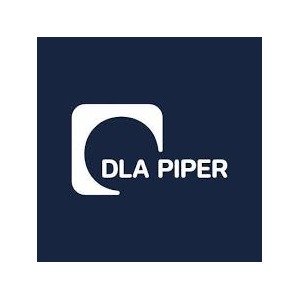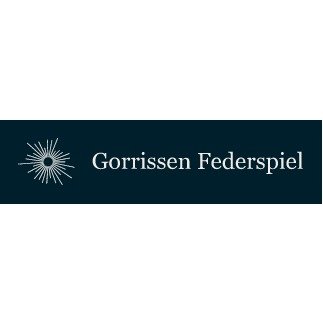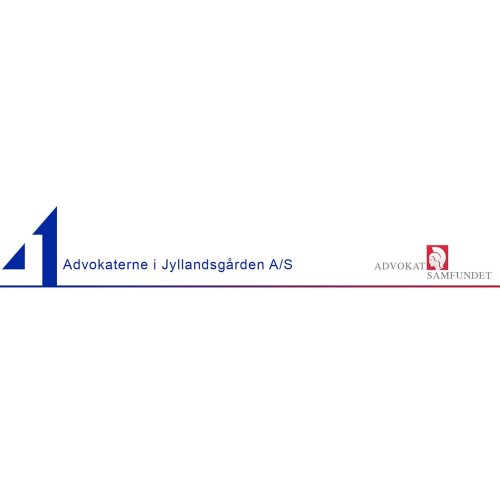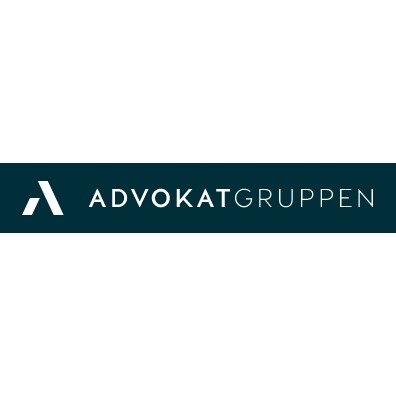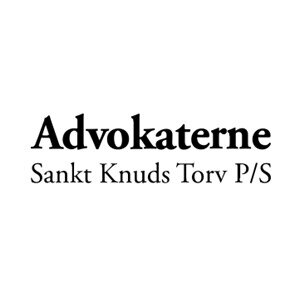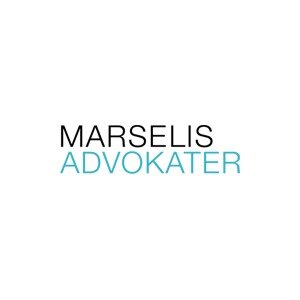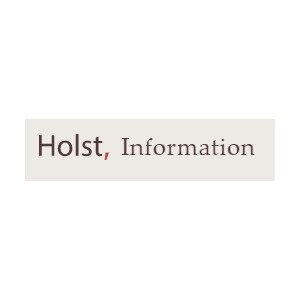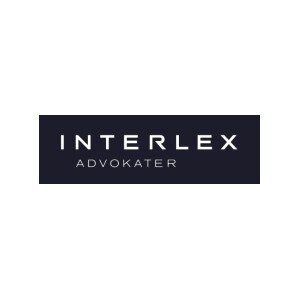Best Public-Private Partnerships (PPP) Lawyers in Aarhus C
Share your needs with us, get contacted by law firms.
Free. Takes 2 min.
List of the best lawyers in Aarhus C, Denmark
About Public-Private Partnerships (PPP) Law in Aarhus C, Denmark
Public-Private Partnerships (PPP) are collaborative agreements between government bodies and private sector entities designed to finance, construct, manage or operate projects and services traditionally provided by the public sector. In Aarhus C, Denmark, PPPs are gaining traction, particularly in sectors such as urban development, transport, energy, and infrastructure. These partnerships allow for shared risks and benefits, leveraging the expertise and efficiency of the private sector while serving public interests. The legal framework governing PPPs in Aarhus is shaped both by Danish legislation and EU regulations, ensuring transparency, fair competition, and public accountability.
Why You May Need a Lawyer
Engaging in a PPP can involve complex contractual arrangements, regulatory considerations, and significant financial investments. Common situations where legal advice is crucial include drafting and negotiating PPP agreements, addressing regulatory compliance, managing disputes, navigating procurement processes, assessing risk and liability, or resolving issues concerning intellectual property and public access. Whether you represent a municipal body wishing to initiate a PPP, or a private company looking to participate in a public project in Aarhus C, a lawyer familiar with PPP law can help protect your interests, ensure all legal requirements are met, and guide you through intricate contractual obligations.
Local Laws Overview
In Aarhus C, PPP projects are regulated by both local Danish laws and EU directives, particularly regarding public procurement and contract management. Key legal frameworks include the Danish Act on Public Procurement, rules on concessions, and contract law. Local authorities must follow transparent tender procedures and disclose project information to ensure competitive bidding. The City of Aarhus may also have its own guidelines and public consultation processes, ensuring projects serve the community's interests. Environmental and zoning laws, as well as compliance with the EU Public-Private Partnership rules, may further impact your project. These frameworks are designed to ensure financial prudence, legal fairness, sustainable development, and the protection of public funds.
Frequently Asked Questions
What is a Public-Private Partnership (PPP)?
A PPP is a long-term collaboration between a government body and a private partner, where both share resources, risks, and rewards to deliver public infrastructure or services.
Which types of projects in Aarhus C typically use PPPs?
PPPs are often used in urban regeneration, public transport systems, educational facilities, healthcare infrastructure, renewable energy installations, and municipal services.
Who oversees PPP projects in Aarhus C?
Local authorities such as Aarhus Municipality supervise PPP projects, often in collaboration with governmental agencies and regulatory bodies ensuring compliance with national and EU laws.
Are there standardized contracts for PPPs in Denmark?
While there is guidance for PPP contracts, every project is unique. Most PPP agreements are customized to reflect project specifics, although they must adhere to standard procurement and contract laws.
How does the procurement process work for PPPs?
Projects must be publicly tendered, allowing potential private partners to submit bids. The process emphasizes transparency, competition, and best value for public resources.
What risks might private partners face?
Private partners may face design, construction, finance, operation, or maintenance risks, in addition to potential regulatory or market risks defined by the PPP agreement.
What obligations do public sector partners have?
Public entities must ensure accountability, transparency, selection of suitable partners, compliance with legal and financial regulations, and proper oversight of project delivery.
Can PPP contracts be amended after signing?
Changes are possible but must follow legal procedures to avoid unfair competition or breach of contract. Material amendments could require a new tender.
How are disputes resolved in PPP arrangements?
Dispute resolution mechanisms are usually included in the contract, ranging from negotiation and mediation to arbitration or litigation in Danish courts.
What legal documents are essential for PPP projects?
Key documents include the PPP agreement, procurement documentation, financial contracts, risk allocation plans, compliance guarantees, and performance monitoring provisions.
Additional Resources
For further information and support regarding PPPs in Aarhus C, the following resources can be helpful:
- The City of Aarhus (Aarhus Kommune) - municipal body overseeing public infrastructure projects
- Danish Competition and Consumer Authority (Konkurrence- og Forbrugerstyrelsen) - handles public procurement regulations
- Danish Business Authority (Erhvervsstyrelsen) - offers guidance on partnership structures
- Ministry of Finance (Finansministeriet) - policy and regulatory information on PPPs
- National and local law firms specializing in PPP law
- Relevant industry associations and PPP networks
Next Steps
If you are considering engaging in a PPP in Aarhus C or need legal advice regarding an ongoing project, start by gathering all relevant documents and clarifying your goals. Make a list of your questions and concerns, then consult a lawyer with experience in PPP projects and local law. An initial consultation can help assess your legal position, outline potential risks, and recommend a course of action. Ensure any lawyer you choose is familiar with both Danish and EU legal frameworks, as well as the specific regulations in Aarhus. Taking these steps will help safeguard your interests and increase the likelihood of a successful PPP collaboration.
Lawzana helps you find the best lawyers and law firms in Aarhus C through a curated and pre-screened list of qualified legal professionals. Our platform offers rankings and detailed profiles of attorneys and law firms, allowing you to compare based on practice areas, including Public-Private Partnerships (PPP), experience, and client feedback.
Each profile includes a description of the firm's areas of practice, client reviews, team members and partners, year of establishment, spoken languages, office locations, contact information, social media presence, and any published articles or resources. Most firms on our platform speak English and are experienced in both local and international legal matters.
Get a quote from top-rated law firms in Aarhus C, Denmark — quickly, securely, and without unnecessary hassle.
Disclaimer:
The information provided on this page is for general informational purposes only and does not constitute legal advice. While we strive to ensure the accuracy and relevance of the content, legal information may change over time, and interpretations of the law can vary. You should always consult with a qualified legal professional for advice specific to your situation.
We disclaim all liability for actions taken or not taken based on the content of this page. If you believe any information is incorrect or outdated, please contact us, and we will review and update it where appropriate.



